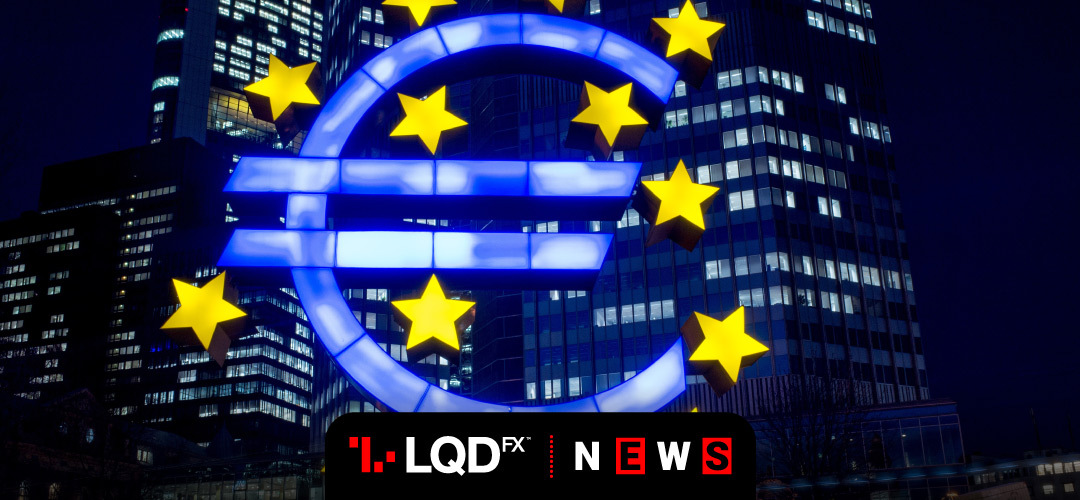The euro rose slightly as ECB calmed worries about the euro’s recent appreciation, giving traders motivation to take the single eurozone currency higher.
Christine Lagarde said that while the European Central Bank is watching the exchange rate, it is not a monetary policy tool. Her comment suggested the ECB was unlikely to undertake measures to weaken the euro despite its recent gains.
As traders widely expected, the ECB held interest rates steady on Thursday.
Policymakers had agreed to look through the euro’s rise, judging it was broadly in line with economic fundamentals.
The euro’s high this year is $1.2014, with the currency surging roughly 6% so far this year. But a strong euro tends to hurt an export-dependent economy like the euro zone. This raised concerns from some ECB officials such as chief economist Philip Lane, who said the exchange rate mattered to monetary policy.
The ECB raised its economic outlook for this year, although projections for next year and 2022 remained little changed. The new forecast predicts a contraction of 8.0% in 2020, compared with its previous estimate of an 8.7% fall.
In other ECB news, euro zone finance ministers on Friday will begin the process of choosing a successor to executive board member Yves Mersch, whose term comes to an end in December.
Britain had struck its first post-Brexit trade deal with Japan, saying the deal meant 99% of its exports to Japan would be tariff-free.
A set of positive data for the UK economy also failed to cheer traders. The UK economic output expanded by 6.6% in July after crashing by a record 20% in the second quarter.
START TRADINGForex – ECB calm worries about the exchange rate, euro appreciation
Markets were looking to U.S. consumer price data due at 1230 GMT for an insight into the recovery.
The US index was stable at 93.22, poising for a second week of gains.
The dollar/Japanese yen also was stuck at 106.19.
The Australian dollar rose 0.7% at 0.7305.
The euro rose on Friday as traders noted ECB calmed worries about the euro’s recent appreciation. The single currency was last trading up 0.4% at $1.1863, though it had reached $1.1917 on Thursday, an eight-day high.
Euro/Swiss franc rose 0.3% to 1.0787.
The British pound advanced 0.3% to 1.2840 but stayed flat versus the euro at 92.23 pence after one of the heaviest selloffs seen this year. The selloff sent the pound falling nearly 2% against the euro on Thursday.
Sterling was on course for its worst week since March, when forex markets were going through a coronavirus-induced turmoil. The Brexit saga intensifies, and the British currency may be poised for further losses.
Oil prices were under pressure from a surprise rise in U.S. stockpiles and weak demand due to the coronavirus pandemic.
Brent crude was down 0.4% at $39.91 a barrel after falling nearly 2% on Thursday. U.S. crude was flat at$37.28 a barrel, having fallen 2% in the previous session.
Gold was down 0.5% at $1,943.53 per ounce after hitting its best level since Sept. 2 on Thursday.
PLEASE NOTE The information above is not investment advice.
Sources: Reuters, Investing, CNN money
